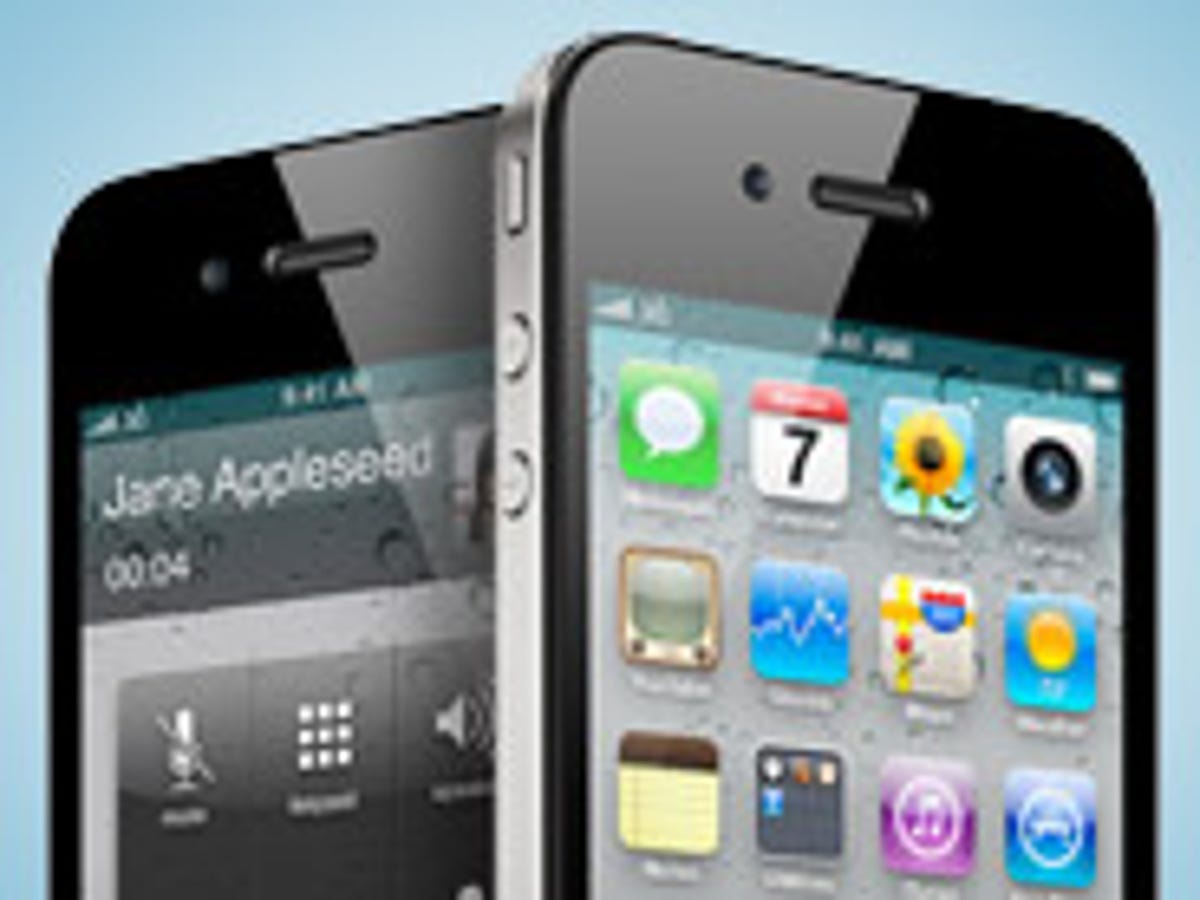There’s no stopping the smartphone momentum.

Global sales of smartphones will top 420 million units this year, accounting for 28 percent of all handsets sold, according to market research and consultancy IMS Research. By 2016, the firms projects sales will exceed 1 billion, with one out of every two handsets sold a smartphone.
The exploding interest in the area is sparked by the proliferation of applications that can expand the device’s capabilities, as well as the availability of more affordable smartphones, helped largely by the free Android platform provided by Google.
Despite the opportunity, IMS says not all companies are equipped to capitalize.
“Clearly one of the key dynamics of the mobile handset competitive environment in recent years has been the inability of many traditional market leaders to recognize and adjust to the growing smartphone tier,” said analyst Josh Builta.
Builta said some of the companies, including Nokia and Microsoft, have fallen behind for reasons such as poorly designed and built devices, unsatisfying user interfaces, and products with few features that stand out. The lapses allowed other entrants such as Apple and HTC to step in.
“These companies are well-positioned to benefit from the projected growth of the smartphone market in the future,” Builta said. “Though the other [original equipment manufacturers] are stepping up their efforts in the space, companies such as Apple, HTC and Samsung have a considerable amount of momentum. Catching them will not be an easy task.”



